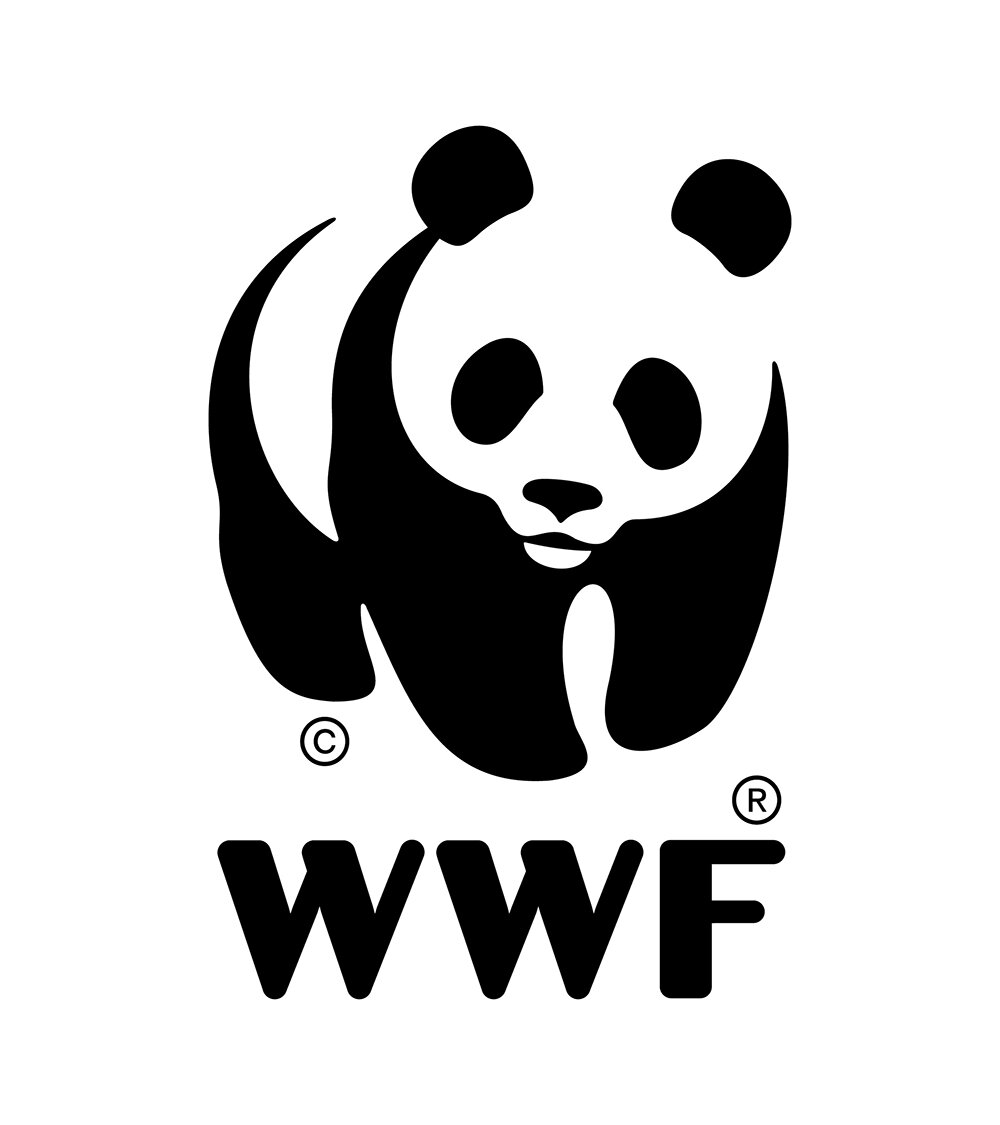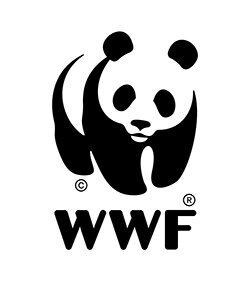New Important Marine Mammal Areas (IMMAs) spotlight whale habitats needing protection in the NW Atlantic and Caribbean
21 February 2025
Pygmy killer whale (Feresa attenuata) spotted during a cetacean research expedition in the Caribbean in 2021. © WWF / Casper Douma
43 new Important Marine Mammal Areas (IMMAs) have been approved and placed on the map in the North West Atlantic Ocean and Wider Caribbean, as it has recently been announced by the IUCN Marine Mammal Protected Areas Task Force.
The new IMMAs highlight habitats for threatened marine life: blue whales, North Atlantic right whales and Rice’s whales, sperm whales, as well as manatees in the south of the region and polar bears in the north.
IMMAs are defined as discrete portions of habitat, important to marine mammal species, that have the potential to be delineated and managed for conservation. They are not legal designations but independent, peer-reviewed assessments based on criteria supported by the best data. The new IMMAs are now on the IMMA e-Atlas and are available for download as shapefiles with associated information.
Globally, there are now 323 IMMAs. To date, 79% of the world ocean has been examined for IMMAs, with IMMAs comprising nearly 18% of the surface area. IMMAs are divided into 52% within exclusive economic zones (EEZs) and 48% in international waters on the high seas. Since 2016, the eight-member IMMA Secretariat has engaged 314 scientists from more than 80 countries to join in this work.
At a time when fishing and shipping have expanded along with proposed seismic exploration for hydrocarbons and rare minerals in the seabed, governments are having to make difficult decisions about which areas to protect and which to license for use, according to Erich Hoyt, co-chair of the IUCN Marine Mammal Protected Areas Task Force and Whale and Dolphin Conservation research fellow: “IMMAs are proving to be a way to give whales, dolphins and other marine mammals a seat at the negotiating table.”
The Task Force is calling on governments “to take action to utilise the IMMA tool in marine spatial planning, for performing environmental impact assessments, and in the creation of marine protected areas,” says Task Force co-chair and Tethys Research Institute founder Giuseppe Notarbartolo di Sciara. “We need to keep in mind the goal of protecting 30% of the ocean by 2030.”
Commenting on the news, Chris Johnson, Global Lead of WWF’s Protecting Whales & Dolphins Initiative, says: “IMMAs are a game-changer for conservation, providing a science-based tool for governments to better manage and protect the most critical habitats for marine mammals. As threats such as climate change, fisheries bycatch, shipping traffic, and pollution intensify pressures on our ocean, governments have the opportunity to action the latest evidence-based advice contained in each IMMA to strengthen protection measures, including to safeguard blue corridors — essential migratory routes that connect vital ecosystems for whales and dolphins to thrive.”
The North West Atlantic Ocean and Wider Caribbean Region covers a quarter of the Atlantic Ocean from southern Labrador to Venezuela. Species rich, besides the threatened whale species mentioned above, there also are Risso’s, Fraser’s, and common bottlenose dolphins, dwarf sperm whales, and many species of deep-diving beaked whales. Several species reside entirely in this region including the North Atlantic right whale. The recently identified Rice’s whale, native to the Gulf of Mexico, now has its first IMMA, as do the polar bears, harp and hooded seals in the Southern Labrador Pack Ice Whelping Area IMMA.
You may find more information on this announcement on the Task Force’s website, and you may download the North West Atlantic Ocean and Wider Caribbean IMMA report here.
- ### -
NOTES:
For more information, please contact:
IUCN Marine Mammal Protected Areas Task Force
Erich Hoyt, erich.hoyt@imma-network.org, IUCN Marine Mammal Protected Areas Task Force Co-Chair
WWF
Magda Nieduzak, mnieduzak@wwf.org.au, Communications and Knowledge Management Lead, WWF Protecting Whales & Dolphins Initiative
Chris Johnson, cjohnson@wwf.org.au, Global Lead, WWF Protecting Whales & Dolphins Initiative


